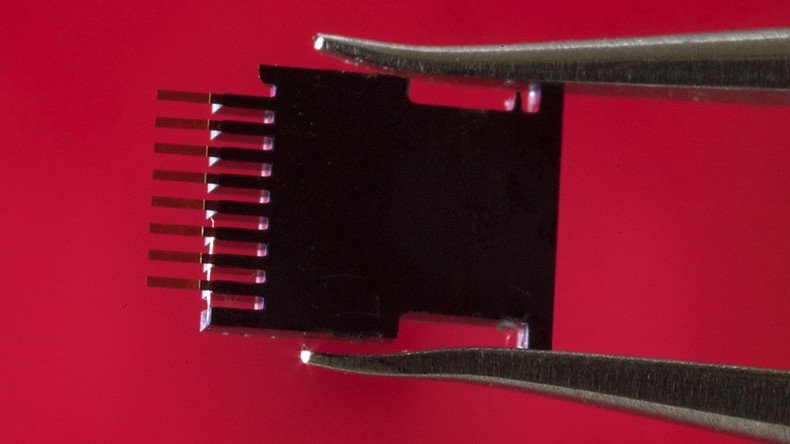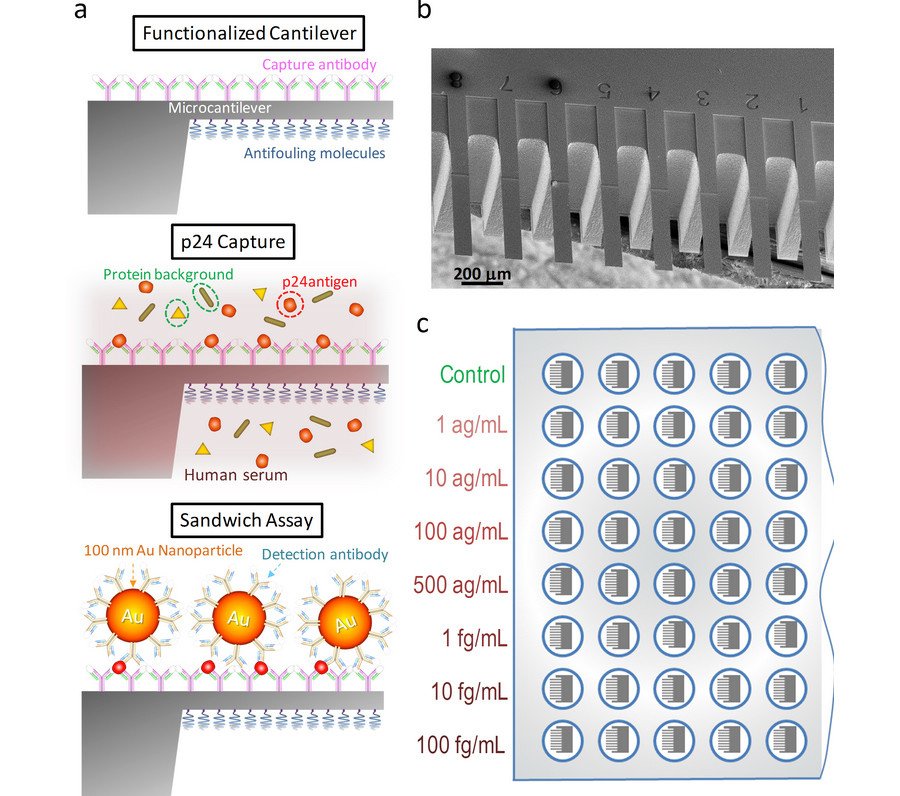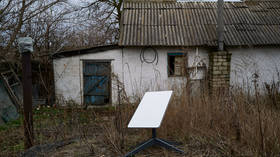Cutting-edge biochip to detect HIV within 1 week of infection

Scientists have patented a groundbreaking biosensor technology that can detect HIV within a week of infection, boosting expectations of large-scale early detection in developing countries with the highest transmission rates.
Researchers at the Spanish National Research Council (CSIC) created a rice-grain sized chip that can detect p24 antigen, a protein that is attached to the HIV virus, “at concentrations 100,000 times lower than in current techniques.”
Presently, it takes three weeks to detect HIV. A more expensive test, which tests for the genetic material of HIV, can detect the virus’ presence from 10-14 days.

The team’s findings were published in scientific journal PLOS One, and detail how, using existing technology, the new test makes “large-scale, low cost production possible,” with the potential for the chips to be used in countries with the highest transmission rates.
Early detection of HIV is vital to prevent the disease being spread, and to improve the health of those infected through antiretroviral therapy.
"The potential for HIV infectivity in the first stage of infection is much higher than in the later stages,” CSIC researcher Priscila Kosaka said.
“Therefore, initiating antiretroviral therapy prior to seroconversion improves immune control and has been associated with benefits in CD4 cell count, a reduction in systemic inflammation, the preservation of cognitive function, and a reduction of the latent reservoir. Logically, its detection is critical to the prevention of HIV transmission."
Antibody that neutralizes 98% of HIV strains found https://t.co/C8UbeoCWOW
— RT (@RT_com) November 16, 2016
The test works by taking 1mm of human serum on the biosensor and incubating it at 37 degrees for one hour, to allow the p24 antigen to bind to the capture antibodies on the sensor’s surface.
The specimen is then incubated at 37 degrees for 15 minutes, this time with gold nanoparticles which mark the p24 proteins.
"The test takes a total of 4 hours 45 minutes, which is really rapid. In fact, to confirm the diagnosis you could even repeat the test and the clinical results could be back on the same day as the medical examination,” CSIC researcher Javier Tamayo said. “The results are statistically significant and could be adapted to medical requirements."
READ MORE: SpaceX to deliver superbug to ISS – so we can kill it faster in future
The technology is also being used in early stage detection of some types of cancer. "The chip itself, the physical part, is identical for HIV tests and for cancer biomarker tests.”
Tamayo said: “What changes is the chemical part – the solution we apply – so that it reacts accordingly to what we are looking for. That's why our fundamental work is focused on developing applications for this new technology."
According to UNAIDS, 2.1 million people were newly infected with HIV in 2015 and 36.7 million people were living with HIV in 2015.













